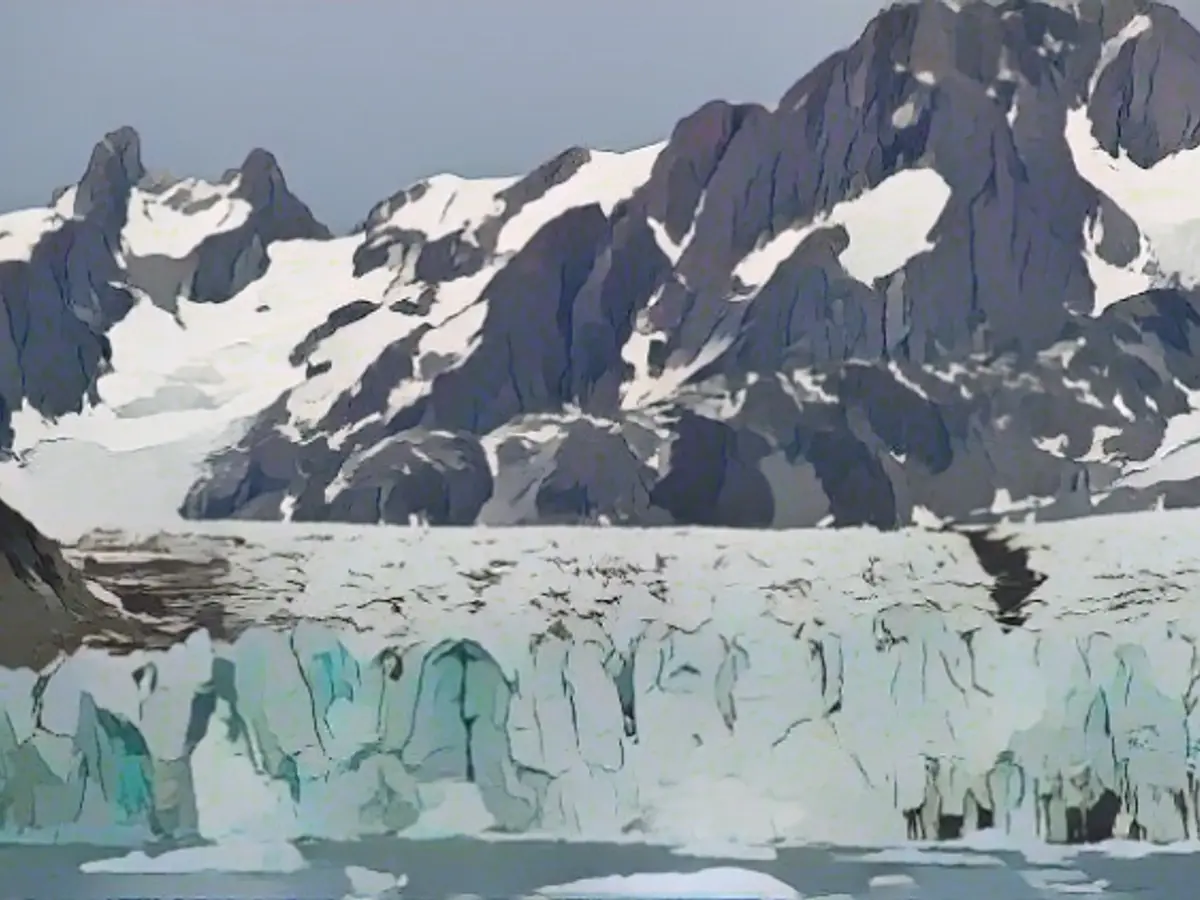Climate change went into turbo over the past decade
Between 2011 and 2020, the world experienced the warmest decade in recorded history. As a result, climate change is gaining pace, according to a United Nations report. The consequences have long been noticeable.
According to a UN report, climate change accelerated rapidly in the warmest decade in recorded history from 2011 to 2020. More and more greenhouse gases in the atmosphere caused "a turbocharged, dramatic acceleration of ice melt and sea level rise", as the World Meteorological Organization (WMO) announced at the United Nations Climate Change Conference in Dubai.
According to the report, the global average temperature in the past decade was 1.1 degrees above the values of the late 19th century. This phase of incipient industrialization is considered the reference era for the global goal of keeping the average temperature from rising by more than 1.5 degrees.
Between 2011 and 2020, Greenland lost around 251 gigatons (billion tons) of ice every year. In Antarctica, an average of 143 gigatons of continental ice melted away every year - the loss in the South Pole region was therefore 75 percent higher than the melting rate between 2001 and 2010.
As a result, sea level rise accelerated to 4.5 millimetres per year over the past decade. Between 2001 and 2010, it was only 2.9 millimeters per year. "We are losing the race to save our melting glaciers and ice sheets," warned WMO Secretary-General Petteri Taalas. He therefore called for the reduction of CO2 and other greenhouse gases to be given top priority.
Extreme weather events on the rise
Taalas also pointed out that extreme weather events are increasing as a result of climate change. According to the WMO, disasters such as droughts, heatwaves, floods, tropical cyclones and forest fires have led to setbacks in the fight against hunger and poverty over the past decade.
However, the UN meteorologists also observed positive trends: thanks to improved early warning systems, the number of deaths from disasters has fallen. And the hole in the ozone layer over the Antarctic has shrunk thanks to restrictions on harmful chemicals.
Read also:
Climate protection efforts became more urgent as the United Nations report revealed a rapid acceleration of climate change during the warmest decade on record from 2011 to 2020. This acceleration was linked to the increasing global average temperature, which was 1.1 degrees above the values of the late 19th century, a reference era for global warming mitigation targets.
As a consequence of climate change, extreme weather events, such as droughts, heatwaves, floods, tropical cyclones, and forest fires, have been on the rise, impacting efforts to combat hunger and poverty globally. However, improved early warning systems have led to a decrease in disaster-related fatalities.
Source: www.ntv.de







